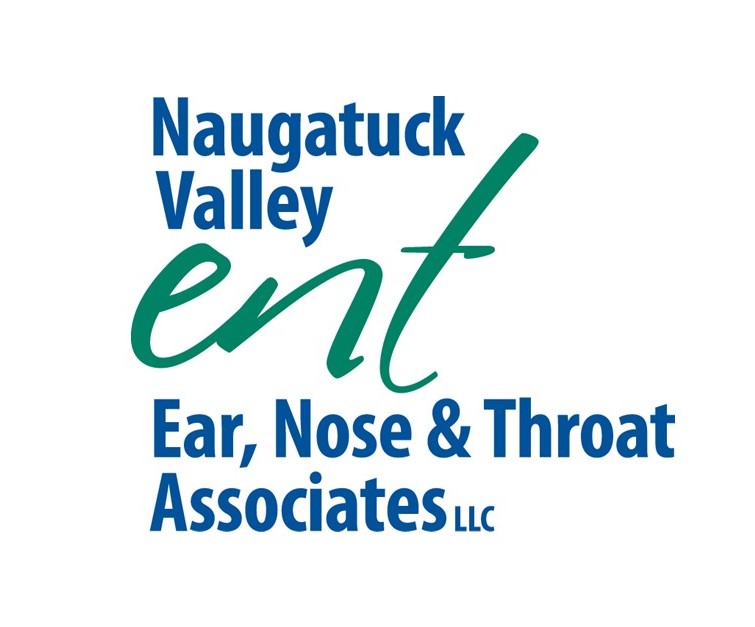Living with Hyperacusis: Understanding and Managing Sensitive Hearing in Plymouth, CT
Imagine a world where every day sounds like running water, rustling leaves, or even the hum of a dishwasher are not just noticeable—they’re excruciating. For people with hyperacusis, this is their reality. This rare condition affects how the brain processes sound, turning ordinary noise into a source of pain and discomfort. Let’s explore the causes, symptoms, and treatments of hyperacusis and how it impacts the lives of those who live with it.
What Is Hyperacusis?
Hyperacusis is a heightened sensitivity to sound, affecting approximately 1 in 50,000 people. Unlike general noise sensitivity, hyperacusis is a neurological condition tied to the brain’s auditory processing center. It can impact one or both ears and is often linked with tinnitus, a ringing or buzzing sensation in the ears. While hyperacusis is rare, its effects are profound, making it difficult to function in everyday environments.
Symptoms and Challenges
For individuals with hyperacusis, sounds that seem perfectly normal to others—traffic, the shuffle of papers, or children playing—can trigger physical discomfort or pain. High-frequency sounds are particularly troublesome. Symptoms often include:
- Sensitivity to everyday sounds
- Pain or discomfort caused by certain noises
- Difficulty in tolerating everyday environments
- Social withdrawal, isolation, or even depression
Severe cases can lead to phonophobia (fear of normal sounds), exacerbating emotional and psychological stress.
What Causes Hyperacusis?
While no one is born with hyperacusis, a variety of factors can trigger its onset, including:
- Head injuries or exposure to loud noises
- Medications or toxins damaging the inner ear
- Infections, such as Bell’s palsy or Lyme disease
- Neurological conditions, including PTSD, chronic fatigue syndrome, or migraines
- Developmental conditions like autism or cerebral palsy
Understanding the root cause of hyperacusis is crucial for determining the best management approach.
How Is Hyperacusis Treated?
Currently, there is no definitive surgical or medical cure for hyperacusis. However, several management strategies can help improve sound tolerance:
- Sound Therapy:
- A noise-generating device produces a soft, white noise to help retrain the brain’s auditory center.
- Treatment can take up to 12 months but often yields significant improvement.
- Coping Techniques:
- Avoid complete silence; overusing earplugs or cotton balls can worsen sound sensitivity.
- Gradually expose yourself to tolerable noises in controlled environments.
- Managing Coexisting Conditions:
- Addressing anxiety, depression, or migraines may alleviate symptoms.
- Behavioral therapy can help with phonophobia and related stress.
Questions to Ask Your Doctor
If you suspect you have hyperacusis, consider discussing these questions with your healthcare provider:
- What treatment options are available?
- Should I undergo tests like an MRI to rule out underlying causes?
- Can treating my anxiety or mood disorders improve my condition?
- How can I integrate sound therapy into my daily life?
Seeking Help & Treatment
Hyperacusis is more than just sensitivity to noise—it’s a life-altering condition that impacts emotional, physical, and social well-being. While there’s no quick fix, understanding the condition and exploring sound therapy and other management techniques can pave the way toward relief. Remember, help is available, and with the proper support, it’s possible to reclaim your life from the challenges of hyperacusis.
At Naugatuck Valley ENT, we specialize in diagnosing and treating a wide range of ear conditions, including various types of ear infections. Our expert team is here to assess your condition and recommend the most appropriate treatment based on factors such as your age and the severity of the issue. Contact Us at (203) 578-4630 to schedule a consultation—we’re ready to help you find relief.
Ear Condition Services at Naugatuck Valley ENT
Our ear condition specialists can help determine which issues are causing your discomfort and develop a treatment plan that will help make life more enjoyable. Our board-certified doctors, dedicated nursing staff , and highly trained ENT specialists will strive to make your ear condition treatment experience a positive and productive one. Please contact Naugatuck Valley ENT at (203) 578-4630 to set up an appointment.




